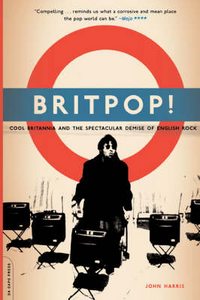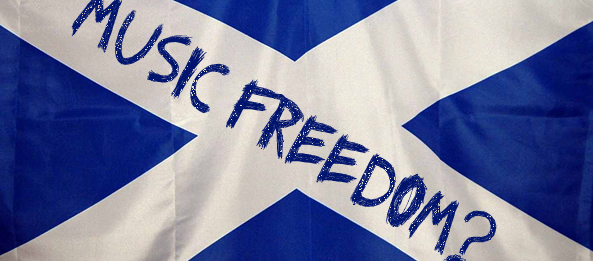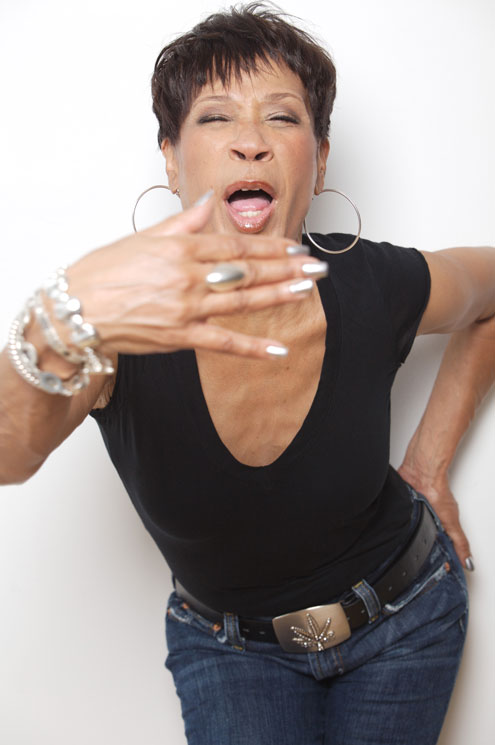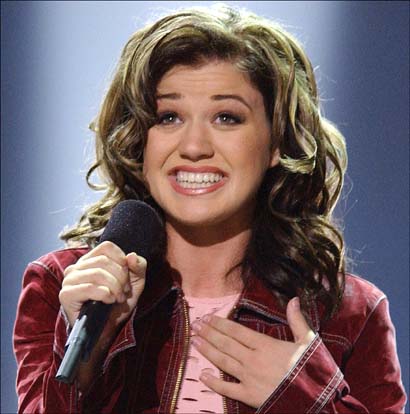Ask the common man on the street who the most commercially successful Scottish musicians are, and the chances are unless you happened to encounter an avid music fan with a taste for biographies, you’d be lucky to squeeze much out of them.
On the other hand, if you were to ask that same stranger the accolades of English musical exports, you’d have found yourself in a much more familiar place. But is this surprising?
The United Kingdom of Great Britain and Northern Ireland has produced some of the most influential musicians of the modern era – but considering Scotland’s population accounts for just 8.4% of its makeup, a mere 5 million people, they’ve probably got the strongest music credentials per capita of any country on the entire planet, harboring a creative ingenuity that is something more reflective of its 32% share of our geography. The 1970s were witness to such Scottish cultural sharings as the Bay City Rollers phenomena, one of the first of many acts to be labeled as ‘the biggest band since the Beatles’. Aberdeen resident, Annie Lennox, went on to achieve success not only in Eurythmics & The Tourists but as a solo artist also, selling over 80 million records and subsequently earned the distinction of the “most successful female British artist in UK music history” – collecting four Grammy Awards and a record eight Brit Awards on the way. Franz Ferdinand, KT Tunstall, The Fratellis, Paolo Nutini, Biffy Clyro and Calvin Harris are yet more examples from a long list of exemplar specimens of the Scot sound.
However, despite a fervent nationalism and such cultural romanticisms that make their southern neighbors seem drab and generic in comparison, their music industry is by no means reflective of the quirky and mythical place it calls home.
English music in comparison has a completely different story to tell, in part to the fact that it actually has a story. The woolly and strange thing about the concept of ‘Englishness’ is its lack of appropriate context; it’s strange that for a nation that tends to drop the cross of St. George for a larger and more encompassing ‘British’ mentality – its music industry is the word’s most staunch admirer, second only to football.
Gene Simmons of KISS once said in an interview with The Sun “When you say guitar god, it really just means English, doesn’t it? There are no American guitar gods. All the rock gods are English.” Whether Simmons falls into the Yankee misconception of England being synonymous with the UK is unclear, but the fact the red and white nation was singled out speaks of more than a confusion of definition.
Fact is, the geo-politics of the music business is a side often never told. Not only does this idea play out on a field between constituent countries, it’s something that has been a fierce factor in the generation of the British sound. When Manchester’s music scene blew up in the late 80s/early 90s with the likes of The Happy Mondays, The Stone Roses and The Charlatans, label scouts were ordered up north on a musical pilgrimage that would mark the most significant cultural moment for the city, ever. So powerful was this movement, even its ensuing hangover was enough to propel Oasis into the history books. But what spoke most about the comparative emptiness was the rhetoric that ‘the record execs had called them back to London’; the HQ of not just English, but British music. And it was true.
Against the industry’s London-centrism, surely Scotland had a role to play in the brewing music nationalism of Britpop and ‘Cool Britannia’ of the 1990s? Nope, not really. Mostly down to a flurry of over-excitement by the British music press, Britpop was initially an ‘Anti-American’ movement characterised by a nostalgia for English rock and character, yes, not British.
Damon Albarn of Blur spoke of his “attempting to write in a classic English vein” when talking about their album ‘Modern Life is Rubbish’ (a record that was almost called ‘England vs America’). The predominantly ‘English ideal’ of the era was somehow repackaged into a more falsly inclusive form. From its anti-grunge dogma, to its championing of more camp and socially awkward personal traits (Brett Anderson, above), the idea from its inception was a purely English one. In the years that ensued, the Union Jack went from a backward imperial remnant to a fashion icon, and by the time Geri Halliwell got her hands on that infamous dress nobody gave a fuck what started it.
The fact is, Scottish music has never had its own distinct legacy or concise narrative. And despite its creative genius and flare, it often struggles to receive its proportionate share of limelight; more times than not boiled down to an ultra-creative enclave off the north of England – with piercing through as a cultural collective being something that continuously evades them. It’s become true, now more than ever, that a union with a more aggressive larger sibling comes with a fair share of downsides. And if the Scottish public decide to go the way of independence in 2014, the inevitability of a more insular and self-concerning domestic musical policy will certainly follow. No longer would London be the speakers through which the sound of Scotland is amplified. And I think they’ll be a shitload better for it.








